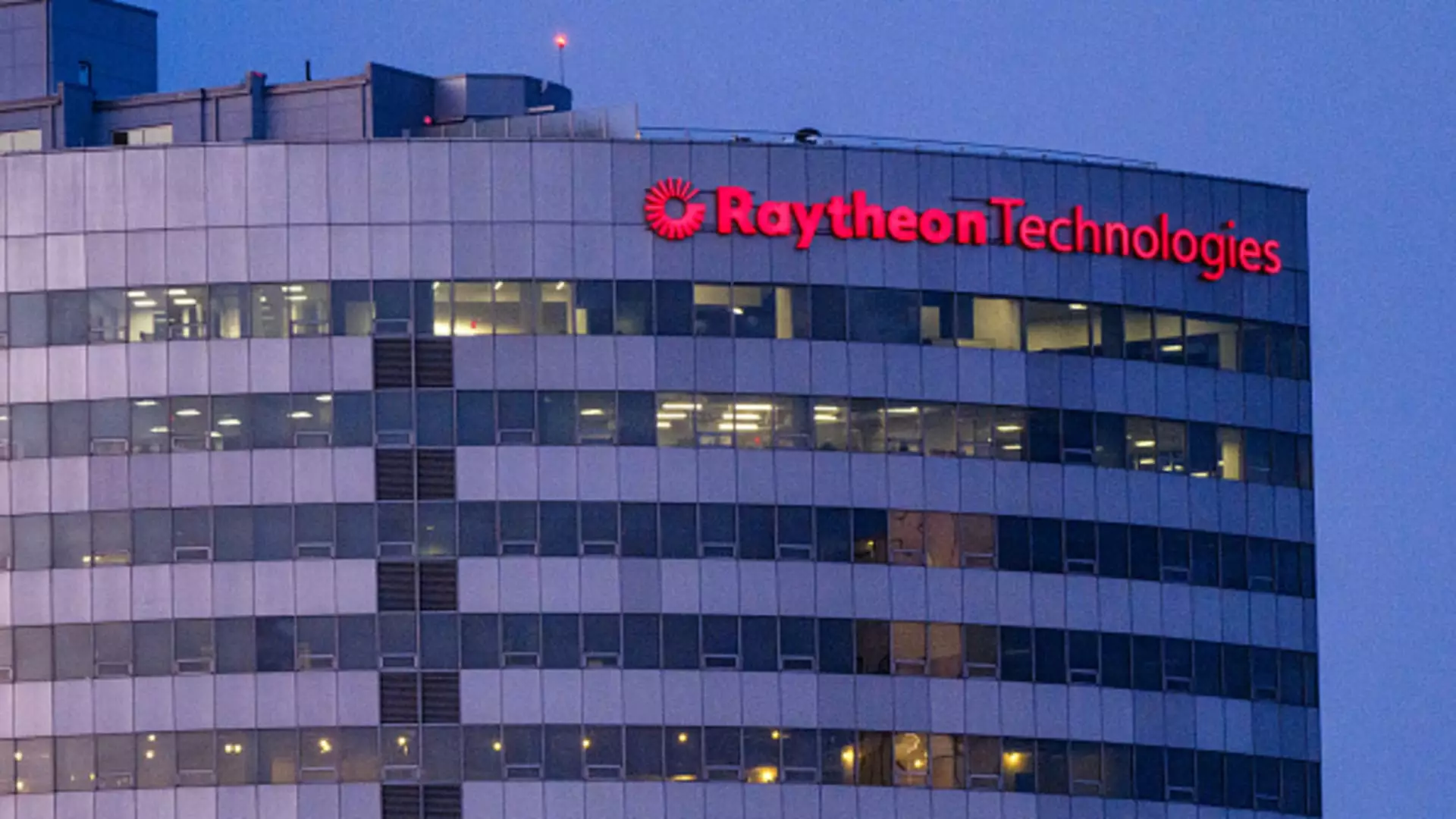In a dramatic move, RTX’s Raytheon subsidiary has agreed to a staggering total of over $950 million to address investigations initiated by the U.S. Department of Justice (DOJ) concerning alleged fraudulent activities linked to government contracts. This settlement, which also includes payments of more than $124 million to the U.S. Securities and Exchange Commission (SEC) due to violations related to bribery laws, signifies a notable moment in the landscape of corporate governance, especially considering Raytheon’s position as a key player in the defense industry.
The core allegations against Raytheon involve a multi-faceted scheme of bribery and fraud. Specifically, the company is accused of paying more than $32 million in bribes to a relative of Qatar’s emir, as well as various military and government officials, in return for lucrative defense contracts. These actions not only violated the Foreign Corrupt Practices Act but also raised serious concerns about the integrity of the Arms Export Control Act. The DOJ is pursuing two critical cases against Raytheon, one based in Brooklyn, where charges revolve around conspiring to engage in anti-bribery violations, and another in Massachusetts that details two distinct schemes aimed at defrauding the Defense Department.
As part of the settlements, Raytheon has committed to significant changes within its corporate structure and oversight measures. The company will be under the watchful eye of an independent monitor for three years and must implement enhanced internal compliance measures. This reflects a broader trend in corporate accountability, where companies are held to higher standards of ethical conduct and transparency, especially when public funds and national security are at stake. The implications for Raytheon extend beyond the current financial penalties—it must foster a culture of compliance and integrity, or risk damaging its reputation further in a competitive industry.
This settlement serves as a wake-up call for corporate America, especially publicly traded defense contractors. The fact that a leading defense contractor allegedly engaged in corrupt activities emphasizes the vulnerabilities that exist within the sector. As Deputy Assistant Attorney General Kevin Driscoll pointed out, such misconduct not only undermines public trust but also places additional burdens on the Department of Defense and honest businesses that abide by regulations.
As RTX continues to express remorse for its past actions and claims to take responsibility, it remains to be seen whether this incident will instigate a broader, systemic shift within the industry regarding ethical practices. The need for utmost transparency and adherence to legal standards is paramount, particularly in sectors that impact national security.
Raytheon’s hefty settlement is not just a financial reckoning but a critical juncture for corporate ethics in the defense sector. The challenges associated with regulating high-stakes governmental contracts become more pronounced amid allegations of corruption and fraud. As Raytheon seeks to repair its image and maintain its standing in a highly scrutinized industry, the entire defense sector must reevaluate its practices to restore trust and ensure accountability moving forward.


Leave a Reply